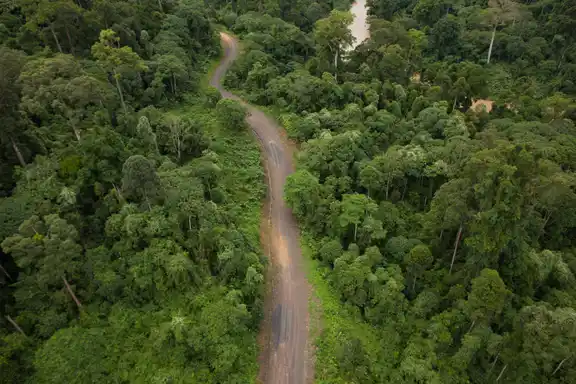Our Borneo travel information page is a growing resource to help you with all aspects of planning your Borneo safari holiday. If there is a certain wildlife element that you wish to see or activity you wish to do, make sure that it is found in Botswana before you book - our specialists will help you every step of the way.
Borneo Visa Information
Currently, visas are not required for UK and US passport holders to enter Malaysia. However, it is your responsibility to check the government websites ahead of travel in case of any changes. Obtaining the correct visas are your responsibility.
Borneo Vaccination Information
There are currently no vaccination requirements for entry to Malaysia. Check requirements with your GP or travel clinic. We also recommend heading to: http://www.fitfortravel.nhs.uk from the UK or http://www.cdc.gov from the USA. Travellers coming from a Yellow Fever country or area will be required to present a valid yellow fever certificate on arrival.
Getting around Borneo
Travel times can vary considerably in Borneo. Main roads are generally good, but travel is much slower than on European or American roads. Most roads in rural areas are often dusty or muddy and bumpy due to poor local maintenance and weather conditions.
Vehicles in Borneo
We use properly equipped 4x4s for our night drives and private transfers on request. Journeys overland can, on occasions, take most of the day, so we always try to break these up with refreshment stops and there is always a lot to look at as you travel by. In some instances, you may have shared transportation in mini buses.
Communications in Borneo
International telephone communications are good in the major cities but more difficult in remote areas. Mobile network coverage is reasonable throughout most of Borneo. All drivers / guides will have mobile phones and / or radios for emergency use. Pre-paid phone cards are readily available.
Wi-Fi in Borneo
Wireless internet is available in many of the larger hotels and resorts and in communal areas of some jungle lodges but can be patchy depending on weather conditions.
Electricity in Borneo
Electricity is available at most lodges and hotels in Borneo. Some of the more rural hotels may only be able to charge cameras from the generator; please speak to your guide or reception. All the major hotels and lodges have good power supplies, and most have in-room electrical sockets. Plug sockets do vary and we advise visitors to take multi-adaptors to cope with 3 square pin sockets (UK) and 2 round pin sockets (European).
Photography in Borneo
Please refrain from photography of military personnel, military installations and airports. Always ask for permission when taking photos of local people or alternatively ask your guide for advice. It is worth ensuring you have sufficient memory. Please bring extra batteries as it may not always be possible to re-charge them at the lodges. In addition, it might be useful to bring a car charger (cigarette lighter variety). For photographing wildlife a zoom lens of 300mm or more is highly recommended. Flash photography of any wildlife usually causes disturbance and should be avoided.
Borneo Lodges
Borneo is an emerging tourist destination, and the lodges and hotels do vary in terms of the facilities they offer. In most cases, accommodations are generally not as luxurious or well-appointed as the lodges/camps in Africa. Generally, lodging in the main towns and resorts is in western-style three- to five-star hotels or guest houses. The jungle lodges do vary in standard but almost all have en-suite rooms with hot and cold water. Air conditioning
is not always provided but most have fans. We always attempt to use environmentally friendly lodges who are committed to helping the local communities.
Food & Water in Borneo
Food varies from destination to destination so there may be limited options in some remote destinations. Please remember that we try to use lodges/ camps that use local produce supporting local communities. Do not be afraid to try local produce, it is part of the experience! We recommend that you only drink bottled water which can be bought throughout your safari.







